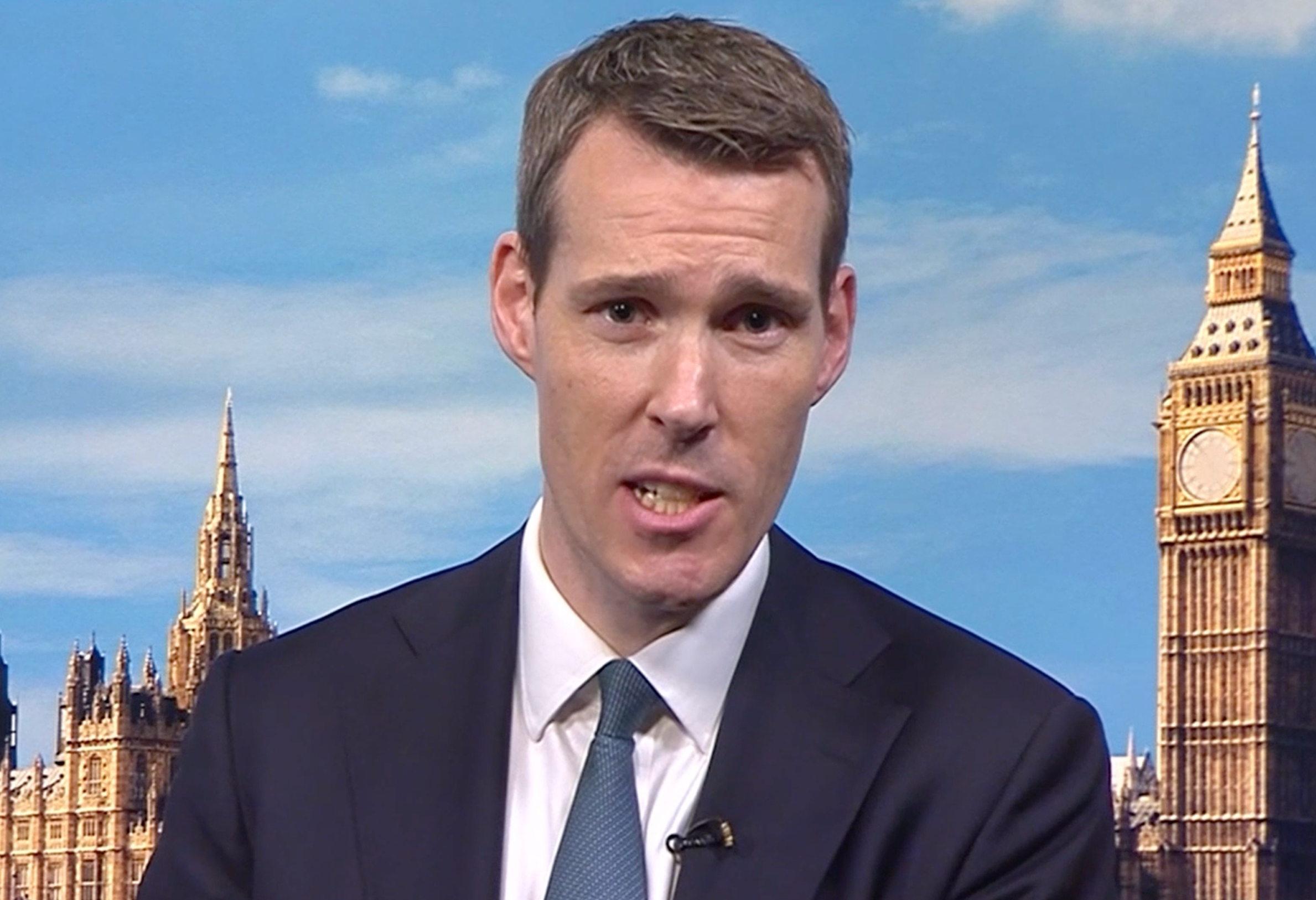
Over half a million homebuyers face losing an up to £11,250 in the coming months as they race to complete purchases ahead of Labour’s upcoming changes to stamp duty, according to a property website.
A new report from Rightmove shows that there are currently 550,000 homes which have been sold that are awaiting completion, up 25 per cent from the same time last year.
And with the average time to sell a property now sitting at five months, the race is on to complete these sales before 1 April, when the thresholds for stamp duty will be lowered.
Currently, first-time buyers pay no stamp duty when purchasing a home worth up to £425,000 thanks to ‘stamp duty relief’. After this they will pay five per cent on the remaining amount, up to £625,000.
From April, the threshold will drop to £300,000, and the higher amount to £500,000. In both cases, purchasing a property worth more than the higher threshold will remove the relief, and mean standard rates need to be paid.

For anyone buying a second property, the threshold will halve to £125,000 from April. These changes were announced by chancellor Rachel Reeves at Labour’s Autumn Budget.
This means that from April, a first-time buyer purchasing a home worth between £500,001 and £625,000 will see a bill of £11,250, according to Rightmove.
The popular property platform is now calling on the government to extend the deadline for changes to stamp duty until at least March.
Rightmove’s property expert Colleen Babcock said: “The upcoming stamp duty deadline in England remains a key talking point, and while some movers may not be affected at all, others will be more severely impacted.
“We’ve previously suggested reforms such as regional variations in stamp duty charges to try and address some of the inequities in the current system.
“With the predicted conveyancing log-jam likely to cause some buyers to miss the deadline and end up paying more tax through no fault of their own, it would seem justifiable for the government to announce a short extension before the end of March.”

Figures from Rightmove show that the average property price was up 0.5 per cent in February, to £367,994. This is below the longer-term average of 0.8 per cent, a “proactive measure” says Ms Babcock, as sellers factor in the looming increase in stamp duty.
Marc von Grundherr, director of London-based estate agents Benham and Reeves, told The Telegraph: “The average London first-time buyer is set to see the stamp duty owed on their purchase increase by around £6,000-£10,000, so it’s a considerable increase in cost.
“There has been some further negotiation with respect to offers submitted to try and alleviate the increase in stamp duty costs incurred, but the vast majority of buyers are proceeding as planned.”
The figures come as Labour unveils its plans to streamline the house buying process, cutting back on wasted time and money. The Ministry of Housing, Communities and Local Government says the changes will improve digitisation and join up in the sector, saving around £400 million for both buyers and sellers.
Announcing the plans, housing minister Matthew Pennycook, said: “We are streamlining the cumbersome home buying process so that it is fit for the 21st century, helping homebuyers save money, gain time and reduce stress while also cutting the number of house sales that fall through.”







